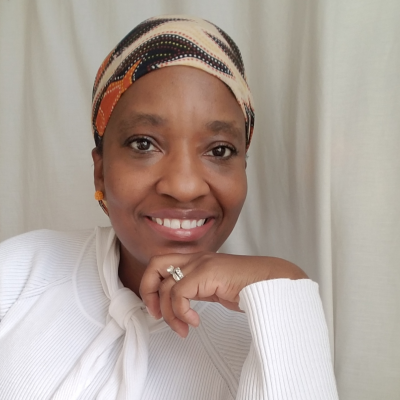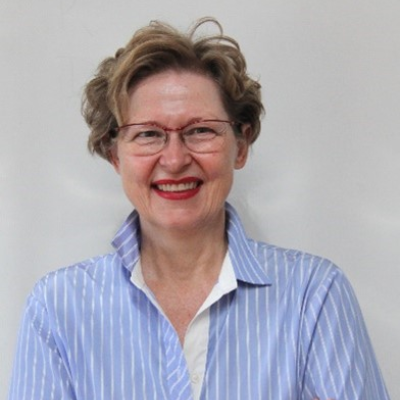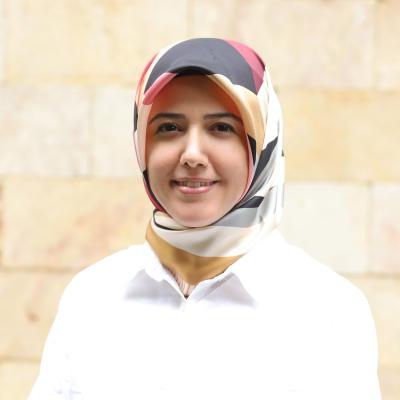Meet the Speakers

Valerie N. Adams-Bass Ph.D
Valerie N. Adams-Bass, Ph.D. is an applied researcher seeking to advance scholarship that provides meaningful contributions to the lives of Black youth and their families. Her research integrates contextual factors with a focus on how Black children see themselves and related outcomes. She is most interested in examining how media exposure influences inter-personal interactions and self-concept. Her research also investigates how racial/ethnic socialization experiences and racial identity are related to the process of identity development, the social and the academic experiences of Black children and youth. Dr. Adams-Bass lived and taught in Namibia as a Volunteer Teacher for Africa and served as a Rotary Ambassador Scholar in South Africa. While living in Namibia and South Africa, Dr. Bass trained to work with youth and children whose families were coping with HIV/AIDS. In Namibia, in addition to serving as a lecturer at Caprivi College of Education, she developed and co-facilitated two intervention projects for young adults. In South Africa, she participated in a HIV/AIDS research project sponsored by Johns Hopkins University and HIVAN conducting interviews about community-based HIV/Interventions in Zulu communities. Dr. Bass also developed and led a community-based project for young adults in the Valley of 1000 Hills while living in South Africa. These experiences led to her involvement in the development of an asynchronous global CPiE Curriculum for CPiE workers. She is a Developmental Psychologist, earning her Interdisciplinary Studies in Human Development doctorate from the University of Pennsylvania and a Master of Education in Urban Education from Temple University. Dr. Adams-Bass regularly trains youth development professionals to use culturally relevant practices when working with African American children and youth. She is a faculty affiliate of the Racial Empowerment Collaborative at the University of Pennsylvania and the Youth-Nex Center to Promote Effective Youth Development in the School of Education and Human Development at the University of Virginia. Dr. Adams-Bass is the co-host of Raising Joyful and Resilient Black Children Podcast. She currently serves as the Secretary of the Society for Research on Child Development (SRCD) Black Caucus Executive Board.

Laura K. Taylor, Ph.D.
Laura K. Taylor, Ph.D., is an Associate Professor in the School of Psychology at University College Dublin. She integrates developmental and social psychology with peace studies to examine positive development and social inclusion among children and youth in conflict-affected settings, such as Colombia, Croatia, Kosovo, Israel, Republic of North Macedonia, and Northern Ireland. She uses the Developmental Peacebuilding Model (Taylor, 2020) to study how multiple factors (e.g., family, school, nation) influence child development. Dr. Taylor also focuses on children’s and youth’s agency, more specifically, how outgroup prosociality toward conflict rivals may contribute to peacebuilding. Dr. Taylor’s current research is funded by the EU H2020, Irish Research Council, Enterprise Ireland, and the John F. Templeton Foundation. She has over 100 peer-reviewed articles, almost half of which have student co-authors. Dr. Taylor is a Consulting Editor for Child Development and the Journal of Research on Adolescence, and the Editor of the APA journal Peace and Conflict: Journal of Peace Psychology.

Dinka Čorkalo Biruški, Ph.D.
Dinka Čorkalo Biruški, Ph.D., is a professor of social psychology and a head of the social psychology unit in the Department of Psychology, Faculty of Humanities and Social Sciences, University of Zagreb, Croatia. Her research interests include intergroup relations in war and peace, especially the processes of social reconstruction in post-war communities. She teaches courses on intergroup processes, prejudice and discrimination, peace psychology, and ethics in research and professional practice. Dr. Biruški was a Fulbright Visiting Scholar at the University of Massachusetts at Amherst and a Visiting Scholar at the Kroc Institute for International Peace Studies, University of Notre Dame. She was principal investigator and collaborator on numerous national and international research projects. Dr. Biruški has published more than 80 peer-reviewed papers and book chapters and (co-)authored or (co-)edited 13 books and research monographs. Dr. Biruški is a reviewer for a number of international professional journals and is on the editorial board of Peace and Conflict: Journal of Peace Psychology and Journal of Social and Political Psychology. She is a national representative on the Scientific Committee of COST. She has received several national awards, including the National Scientific Award (2005), the Ramiro Bujas Award of the Croatian Psychological Association (2009) and the Fiat Psychologia Award of the Croatian Psychological Association for her contribution to applied psychology (2012).

Ozden Pinar Irmak, Ph.D.
Ozden Pinar Irmak recently graduated from the Ph.D. program in Early Childhood Education and Care at the University of Massachusetts, Boston. She received her Master’s degree in Early Childhood Education from New York University (NYU) and her Bachelor’s degree in Early Education from Bogazici University, Turkiye. Dr. Pinar Irmak has over 10 years of experience working with young children and their families in multiple settings, including early intervention programs and child care. Her research focuses on early intervention and education programs and policies for refugee children and their parents, children in conflict areas, trauma-informed pedagogies in early classrooms, and inclusion of children with refugee backgrounds.

Angelica Ponguta, MPH, Ph.D.
Angelica Ponguta, MPH, Ph.D. is an expert in Early Childhood Development (ECD) with a focus on advancing ECD in low and middle-income countries through policy research, program evaluation, and advocacy. She has led and participated in ECD policy-making and analysis in over 10 countries across Africa, Southeast Asia, Eastern Europe, Latin America, and the Middle East. Her projects involve developing comprehensive ECD policies, national implementation plans, feasibility studies for scaling ECD programs, and comparative studies on ECD governance and finance. Her research emphasizes evaluating programs that engage caregivers and communities to promote school readiness and holistic development. Notable projects include developing a school readiness program in rural Pakistan, evaluating interventions for mothers and children in Palestinian refugee camps, and creating evaluation frameworks for programs in Colombia addressing psychosocial development and parental engagement among families disproportionately impacted by the armed conflict. More recently, Dr. Ponguta has led four major projects, including a sector-wide ECD analysis in emergencies, a cross-country validation of the Remote Assessment for Learning (ReAL), designing a toolkit for parent education programs with UNICEF, and implementing the LEAPS/JUNTOS program in Colombia. She is also a member of the Early Childhood Peacebuilding Consortium, advocating for peacebuilding through ECD.
